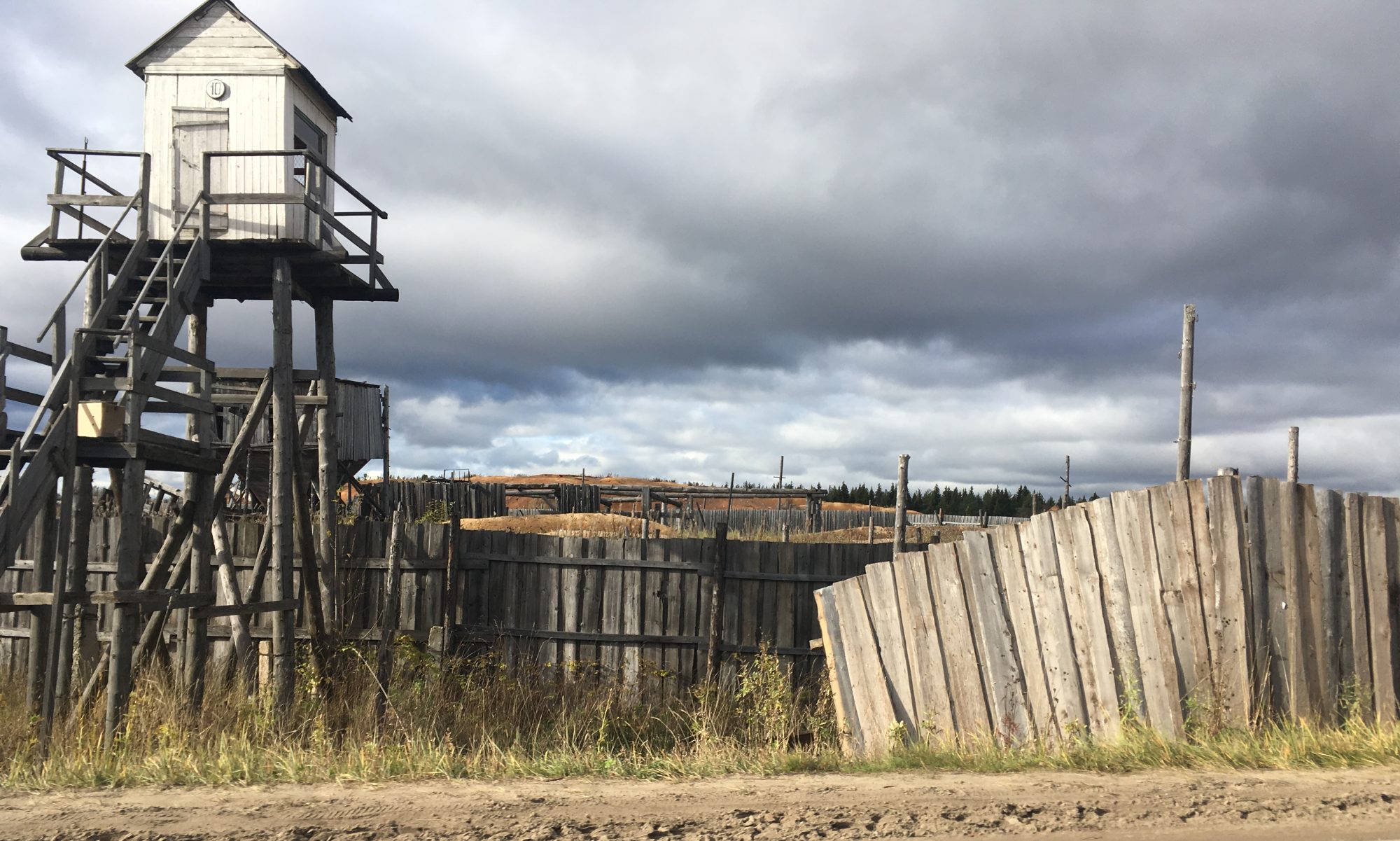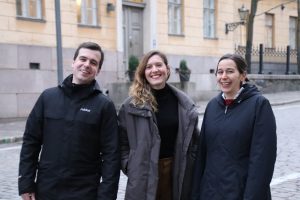On 13-14 January 2020, the postdoctoral researchers of the GULAGECHOES team attended a workshop organized by Andrey Indukaev at the University of Helsinki, titled “Words and Actions. Political text mining”. The workshop provided an overview of methods social scientists and computer scientists have used to analyse large corpora of text data and images. Questions about how far computational linguistics and AI can take us, and how we can use them in a way that is driven by our research questions, are relevant to discussions among GULAGECHOES team members with regard to the large corpus of Gulag memoirs we are analysing.
Link to workshop programme: https://blogs.helsinki.fi/digital-russia-studies/2019/12/31/workshop-words-and-actions-political-text-mining-january-13-14/

